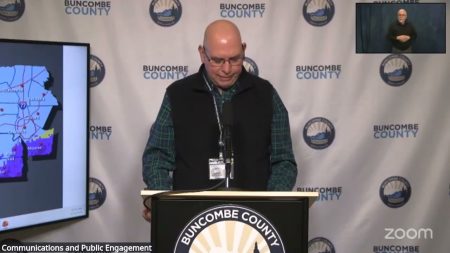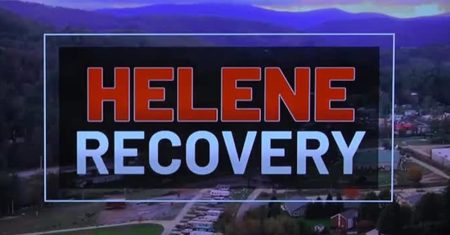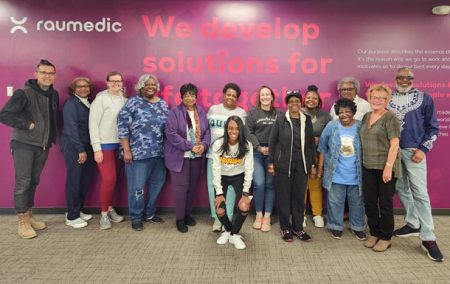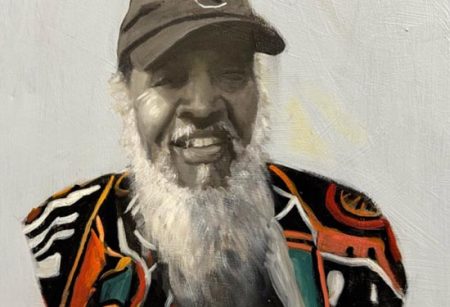Reparations, Revelations & Racial Justice: The Path Forward
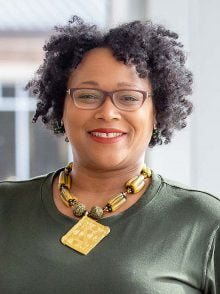
The 8th annual African Americans in Western North Carolina & Southern Appalachia Conference returns on November 6, 2021.
Hosted by the University of North Carolina Asheville, this year’s free event will be virtual and open to everyone. It will feature keynote speakers and panel discussions connected to the theme: “Reparations, Revelations & Racial Justice: The Path Forward.”
The Eighth Annual Conference, taking place November 6, will bring together changemakers from around the country to share insight and eradicate false narratives about African Americans in the region. The conference’s curators, Darin J. Waters, Deputy Secretary of the NC Department of Natural and Cultural Resources, and Tiece Ruffin, interim director and professor of Africana Studies at UNC Asheville, also hope to create practical solutions for the future.
“The theme—Reparations, Revelations & Racial Justice: The Path Forward—is based on the premise that now is the time to move forward to sharing knowledge, insights, and practical next steps for racial justice,” says Ruffin.
Attendees at this year’s conference will hear from distinguished keynote speakers and panelists from Asheville and around the country. Participants include Keith Young, former councilman and the architect of Asheville’s reparations legislation; Lori Decter-Wright, a Councilor of southeast Tulsa, OK’s District 7; Robin Rue, a former Evanston, IL, 5th Ward Alderman who served during the passage of the nation’s first municipal funded reparations legislation; Syndi Scott, founder of The Amendment Project, a student-led grassroots organization advocating for reparations for Black and Indigenous Americans; Dwight Mullen, professor emeritus from UNC Asheville and one of the university’s first Black professors; Gholdy Muhammad, the bestselling author of Cultivating Genius: An Equity Model for Culturally and Historically Responsive Literacy; and, many others.
The conference began as a community-wide effort to make the invisible histories of African Americans and other historically minoritized highlanders visible. It has grown to encompass living accounts and to make a vital, positive impact on the livelihood of Asheville’s current community members and future generations.
“Our hope is for attendees to be inspired with uncovered revelations and strategies that can be put into action and directly benefit Black Asheville,” says Ruffin.
For more information about the African Americans in Western North Carolina & Southern Appalachia Conference, please visit aawnc.unca.edu.

